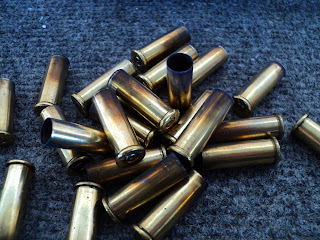But, in focusing on The Warning, I almost forgot to mention what else I've been listening to lately. And that's a shame, because it's some pretty good stuff.
It's this:
That's the latest album from Symphony X, a progressive metal outfit that's been around since the mid-1990s but that I've only just begun to pay attention to. And I'm really getting to like them.
Symphony X (I still haven't figured out whether that's supposed to be pronounced eks or ten) reminds me a lot of Dream Theater, another prog metal band that I liked briefly in the 1990s. And the singer makes me think of Ronnie James Dio. And when you put Dream Theater and Dio together, it's bound to be something good.
And it is.
I first ran across Symphony X several years ago, and I downloaded a few songs just to check them out. I liked what I heard, so when their album titled Paradise Lost came out in 2007 I downloaded a few more to see if they kept my interest. They did. So when Iconoclast came out earlier this summer I went the extra step and got the whole album.
And the thing keeps growing on me. I like it more and more with every listen.
The album has a general theme to it of machines supplanting humanity, taking over in a Borg-like manner, I suppose. As such, many of the songs cover subjects that are dark, threatening, and bleak. But there is also an unmistakable energy that keeps the blood pumping and the senses sharp.
But don't take my word for it. Have a brief listen, and then decide what you think of it.
There's a lot more, and I wish I could play the whole album for you. But if you are into metal and haven't yet checked out Symphony X, I suggest you try them out. Download a few songs and see if they grow on you like they did on me.





